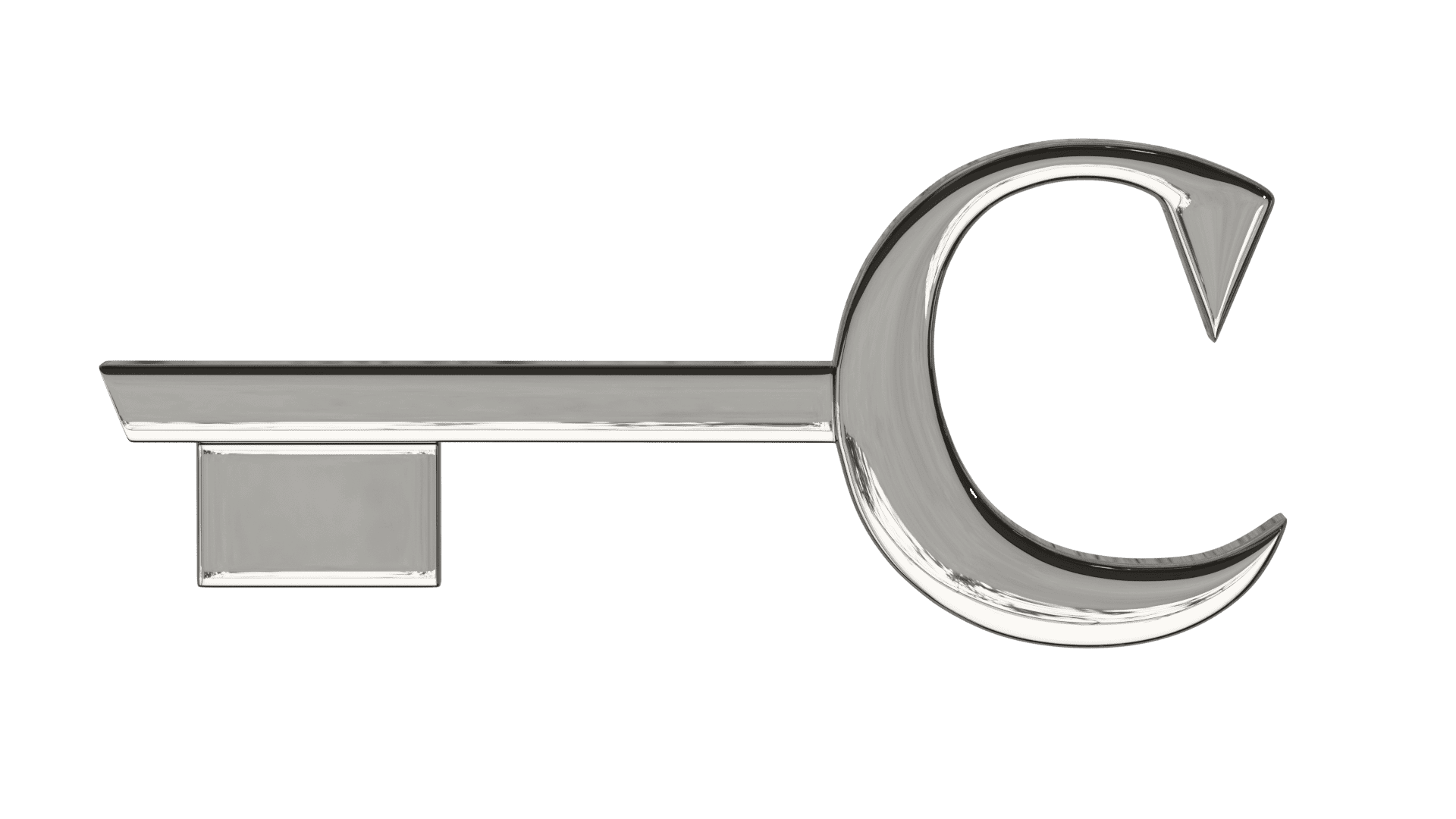Newsalert - EPO refuses to recognise an AI as inventor of a patent application
On January 27th, the European Patent Office (EPO) provided the grounds for rejection of two European patent applications, (respectively no. 18275174 and no. 18275163), in which the inventor’s field was filled by the applicants with indication of an artificial intelligence, named “DABUS”. The EPO stated that, under current patent law, the inventor designated must be a human being, not a machine.
According to Article 81 and Rule 19 of the EPC (European Patent Convention), a patent application shall contain the designation of the inventor, which shall specify, inter alia, the family name, given names and full address of the inventor. Moreover, if the applicant is not the inventor, the patent application should contain a statement indicating the origin of the right to the European patent.
Given that both technologies underlying the patent applications at issue were conceived by DABUS, a generative machine intelligence, the applicant filed the patents indicating DABUS as the inventor. According to the argumentations of the applicant, patent law requires to indicate the actual deviser of the invention and that accepting an AI system as inventor “would be in line with the function of patent law to incentivise innovation and to disclose inventions to the public”. Moreover, the applicant asserted to be the “employer” of the AI machine, and, consequently, to be the assignee of any IPr created by DABUS, also acquiring the right to the European patent.
As DABUS’ designation as inventor does not meet the EPC requirements, EPO did not agree with the arguments of the applicant for specific reasons.
Download an analysis on the topic by our IP, TMT and Data Protection Department





